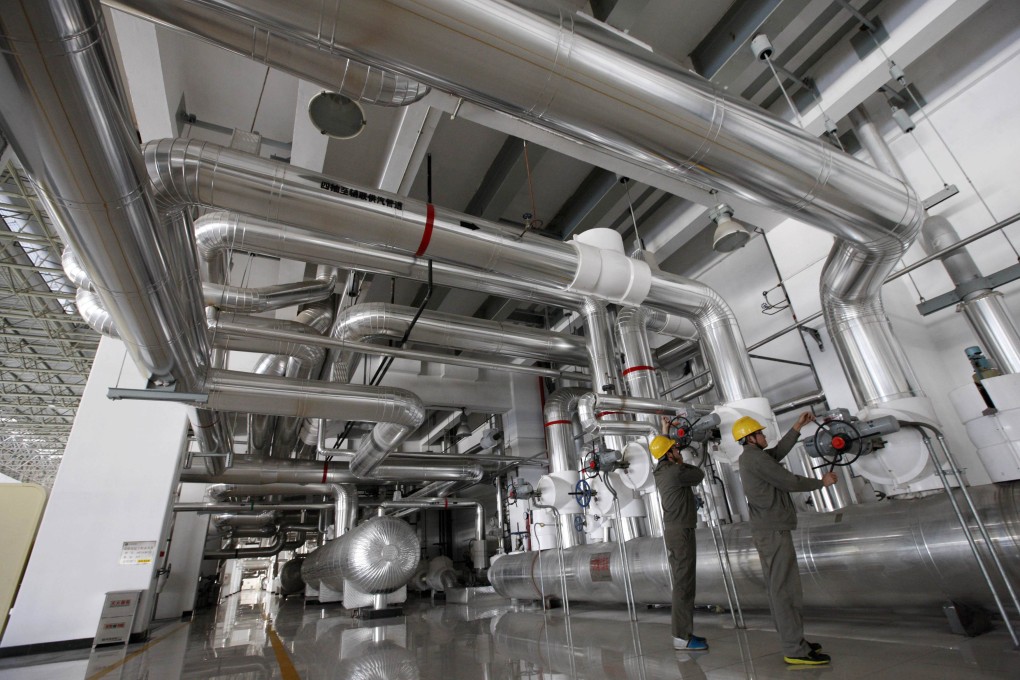Can China's economic planners rise to the challenge?
G. Bin Zhao surveys the obstacles to growth ahead of key Beijing meeting

Five of the Communist Party Central Committee's past seven third plenums have discussed macroeconomic policies relating to reform and opening up, and economic development.
Thus, it can be expected that Xi Jinping and Li Keqiang will continue along the same path. This time, the main theme will probably be the "adjustment and regulation" of policies. To predict the areas of focus, we need to look at the major obstacles to growth over the next five to 10 years.
First, the current economic system has seriously hampered sustainable development. Even after 35 years of refinement and improvement, the pace of change is still not well co-ordinated; in particular, a system that favours public ownership over private enterprise is totally inconsistent with the trend towards a market economy.
In addition, numerous complex and inefficient regulations interfere with the basic laws of the market. For example, the slow development of China's stock market has made it impossible for a large number of companies to list. Data released last month shows 754 companies were awaiting approval for an IPO; that could mean some 7.5 trillion yuan (HK$9.5 trillion) of capital requirements are not being met.
Restricting companies' financing activities will retard growth. Improper supervision is the main problem; too much government power and too many regulations only create the conditions for corruption.
Second, there is an urgent need to tackle the high levels of pollution; industrial and economic development based on high energy consumption and a deteriorating environment is unsustainable.
The need to address pollution is now greater than the need for more development